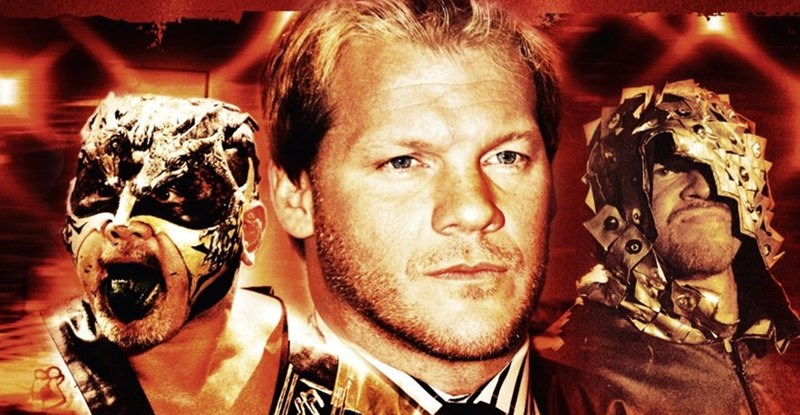A beautiful, blonde woman is taking a shower in a movie shown in a theater. The theater audience calmly watches her. Screechy music begins to play. A man stands outside the theater doors, listening to the movie and to the audience reaction. The audience screams. The man moves his arms as if he’s a music conductor. But he’s not just conducting the music. He’s also conducting the audience’s screams, and enjoying himself immensely. At this moment he knows that his film is going to be a success. That film was “Psycho,” the man is Alfred Hitchcock, and the movie that the scene is from is “Hitchcock,” which opened in a limited number of theaters on November 23.
Based on the book Alfred Hitchcock and the Making of Psycho, by Stephen Rebello, “Hitchcock” tells the story of the ups and downs of Alfred Hitchcock (Anthony Hopkins) and his wife Alma (Helen Mirren) during the making of Hitchcock’s suspenseful film “Psycho.”
The movie “Psycho” was itself based on a book that was inspired by a murderer named Ed Gein, a Wisconsin man who killed at least two people and dug up bodies of others to use as trophies. He was very close to his mother and may have slept with her dead body. Gein’s story also influenced Hitchcock, and the character Ed Gein appears throughout the film “Hitchcock,” interacting with Hitchcock in the form of hallucinations and dreams.
Hitchcock knew he had the ingredients for a successful film in “Psycho” and was determined to make it, despite the obstacles in his path. People thought he was past his prime and should stick to his TV series or movies like “North by Northwest.” But Hitchcock was determined to make his film something different.
While the making of “Psycho” and the Gein case are important elements to the story of “Hitchcock,” it’s the interactions between Hitchcock and his wife that take center stage. “Psycho” is merely a backdrop for a much deeper story about the ups and downs of a husband and wife as they grow in their relationship and deal with their failings and successes.
Hopkins is absolutely convincing as Hitchcock. The makeup helps to create such a likeness that even his profile shadow resembles Hitchcock’s, but even more important is the acting. Hopkins doesn’t just pretend to be Hitchcock—he embodies him so brilliantly that it’s easy to forget it’s an actor portraying him and not the real person. Hopkins manages to express what his character is feeling in very few words, relying primarily on facial expressions and actions. In the shower scene, for instance, it’s Hitchcock who is doing the actual fake stabbing, drawing upon the anger he feels at the moment for his wife and the studio executives. And in a scene when he’s apologizing to his wife, he expresses so much contriteness in just a few words.
There’s an old saying that behind every great man is a great woman, and that was definitely the case with Alfred Hitchcock. Throughout his career, Alma helped him create his films. She collaborated with Hitchcock on just about every aspect, and Mirren does a wonderful job playing the dutiful wife who feels underappreciated by her husband. Her performance is powerful, while in the hands of a lesser actor it might have seemed simply overdone.
“Hitchcock” also features memorable performances by the actors portraying “Psycho” stars. Scarlett Johansson resembles Janet Leigh both in look and action; James D’Arcy channels his inner Anthony Perkins quite well; and Jessica Biel portrays Vera Miles, an actor who disappointed Hitchcock by her choice to have a family, rather than become Hitchcock’s big star.
More prominent in this film are the roles of writer Whitfield Cook and Hitchcock assistant Peggy Robertson, played respectively by Danny Huston and Toni Collette. Both roles are important to the film but in different ways. Huston plays the scheming writer whose writing relationship with Alma creates tension between her and her husband. Huston does a good job of creating a character the audience wants to root against. Collette (“Little Miss Sunshine”), meanwhile, is barely recognizable in the role of the behind-the-scenes assistant, to Alfred Hitchcock. She assists him throughout the making of “Psycho.” She, like Alma, is an unsung collaborator with Alfred, important to his success because of her contributions to the making of his films.
“Hitchcock” juxtaposes powerfully dramatic scenes with touches of comedy. While there is not a lot of comedy, screenwriter John J. McLaughlin and director Sacha Gervasi (“Anvil: The Story of Anvil”) insert enough lighthearted moments to keep the movie from becoming too dark. It creates a fun movie, rather than a boring biopic. McLaughlin and Gervasi create a complete world with characters we truly root for and become emotionally invested in.
“Hitchcock” is a delightful film that will not only make you want to learn more about the great director, but also think about those who support you in your own lives and perhaps appreciate them more. But to fully appreciate “Hitchcock,” I suggest watching or re-watching “Psycho” first as I did. While it’s not necessary, it does help fill in the blanks and shed light on some of the jokes. “Hitchcock” is one of the best movies of the year, and hopefully an Oscar contender.


